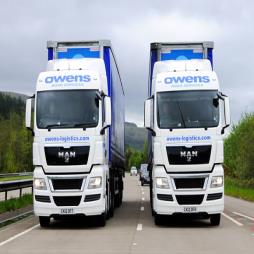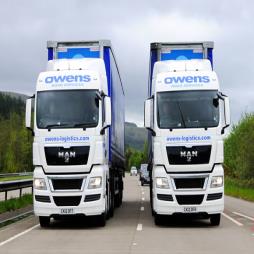HAD AN ACCIDENT. ARE YOU STILL FULLY COVERED BY YOUR INSURANCE?
27-04-2015
Visit the 3 Sixty Fleet Solutions website for more information on HAD AN ACCIDENT. ARE YOU STILL FULLY COVERED BY YOUR INSURANCE?



